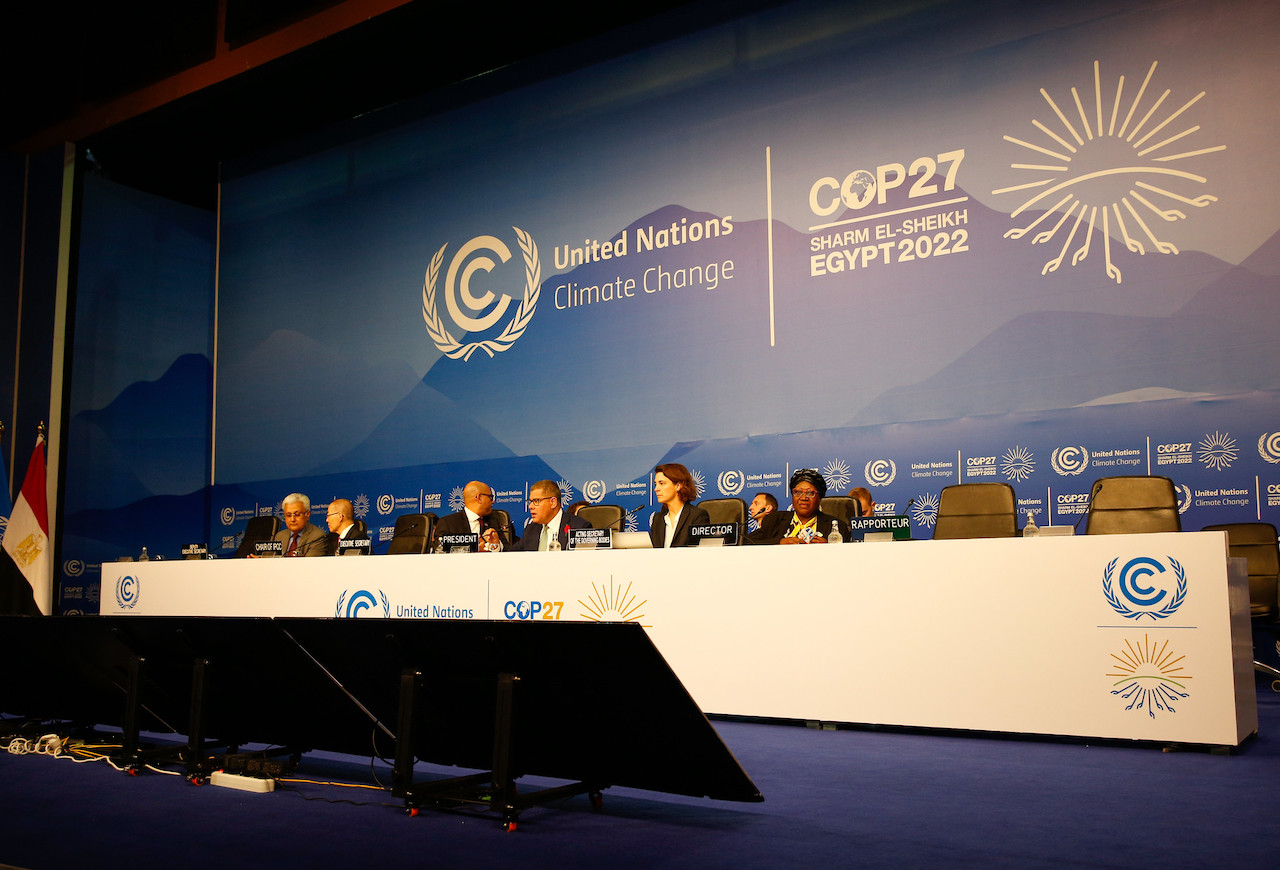The annual United Nations climate conference will be held in Sharm-el-Sheikh, Egypt over the next two weeks. We answer five questions about the 27th climate summit, COP27.

1 – What is the UN climate summit?
This is the 27th time the UN is holding the Conference of the Parties, as the climate summit is officially called, abbreviated to COP27. Nearly 200 countries are coming together to make new climate agreements.
At an earlier climate summit in Paris in 2015, these countries agreed to limit global warming to 2°C this century, and preferably to 1.5°C. Major polluting countries such as the US, China and EU member states have set post-2015 climate goals, but for now the world is not reducing greenhouse gases enough to combat climate change.
The climate summit is the time of year to put pressure on countries to do more. It lasts from 6 to 18 November but usually the conference overruns because countries fail to agree on the final declaration.
2 – Who is coming?
All UN members send delegations that include senior ministers and officials. Some countries also send their leaders, indicating their priority for climate policy. For example, US President Joe Biden, France’s Emmanuel Macron of France and German Chancellor Olaf Scholz will attend.
China and India are not sending their heads of government to the climate summit, to the disappointment of other countries. After all, Asian countries are big polluters. Russia is also attending the climate summit, despite major geopolitical tensions. President Vladimir Putin will not make his appearance, but his officials will.
This might create uncomfortable situations for Western delegations. For example, they are not allowed to take pictures with the Russians, they have to watch who they stand next to at the coffee machine and they are not allowed to negotiate one-on-one.
The Netherlands is sending six ministers this year. In addition to Prime Minister Rutte, ministers going include Climate and Energy Minister Rob Jetten and Finance Minister Sigrid Kaag.
In all, more than 30,000 people from nearly 200 countries are coming. So far, about 125 world leaders have said they will attend.
3 – What’s at stake?
At the previous climate summit in Glasgow, countries agreed to hand in improved climate targets before the kickoff of this climate summit in Egypt, but many countries have failed to comply. Of the major emitters, only Australia, Brazil, Indonesia and South Korea have announced new climate targets.
The Earth is warming 2.4°C to 2.6°C this century, according to the latest UN calculations, so serious climate change cannot be avoided.
Another major issue that could make or break this climate summit is financing for developing countries. These countries suffer greatly from climate change, such as severe flooding and drought.
They blame the West, especially the US and the EU, for this. Developing countries demand compensation for climate damage suffered. Western countries are cautious about this because they fear they will soon be owed billions in climate compensation.
If countries cannot agree on this financing, the climate summit will have failed. At the opening of the summit on Sunday morning, countries agreed to put financing for climate damage on the summit’s official agenda. Although countries have discussed the issue before, this is the first time the topic is on the official agenda, meaning countries will be looking at the issue with more urgency over the next two weeks.
4 – Will this climate summit succeed?
The chances of success are slim. Many countries are at odds with each other. The West is on a collision course with Russia. The war in Ukraine is causing skyrocketing energy and food prices, so countries do have other things on their minds than climate agreements.
Furthermore, the relationship between the US and China has deteriorated since the last climate summit. In Glasgow, the world’s two largest emitters still agreed to work together on climate, but since speaker of the US House of Representatives Nancy Pelosi visited Taiwan, China has ceased cooperation.
5 – Why is this climate summit in Egypt?
The venue rotates among the five regional groups into which the UN is divided. They get to choose their own host country, and the African group chose Egypt.
Sharm-el-Sheikh was one of the few places in the country with good enough security. The Red Sea resort is now surrounded by a large wall, making it harder for malicious people to get to the convention center.
Other countries are not at all happy with the choice of Egypt – the country has a bad reputation when it comes to human rights. Protests by climate activist are common during the UN Climate Conference – European countries fear there is little room for demonstrations, although the Egyptian government claims activists can come.
This article was originally published in Dutch business newspaper FD on 6 November 2022.






